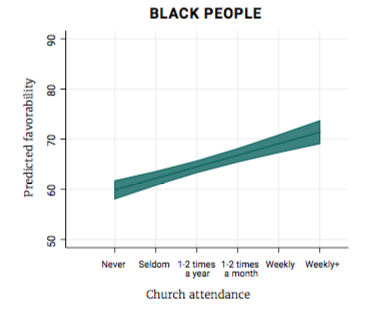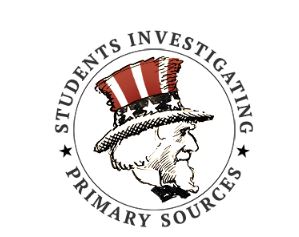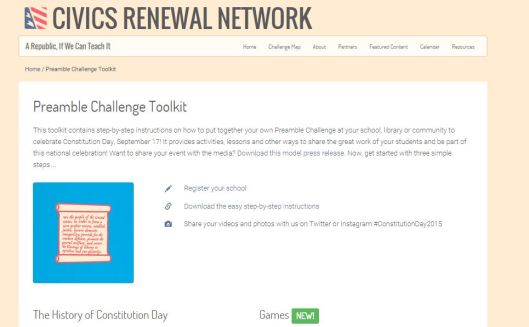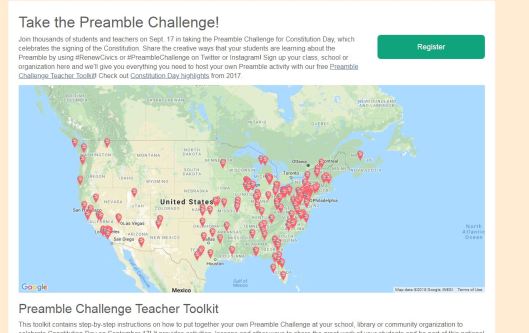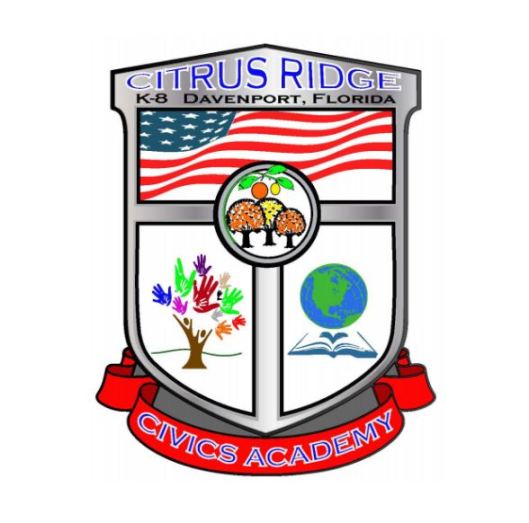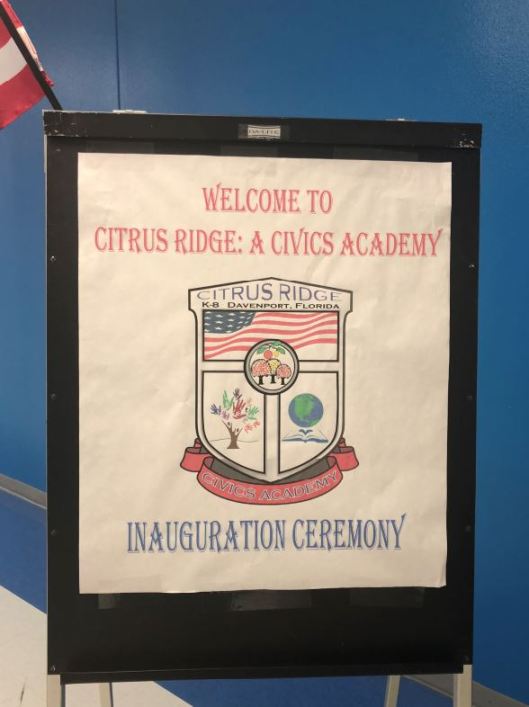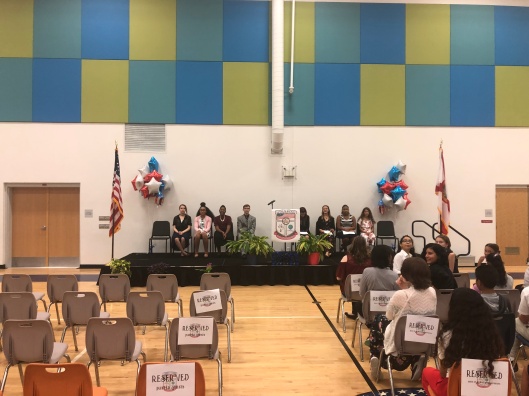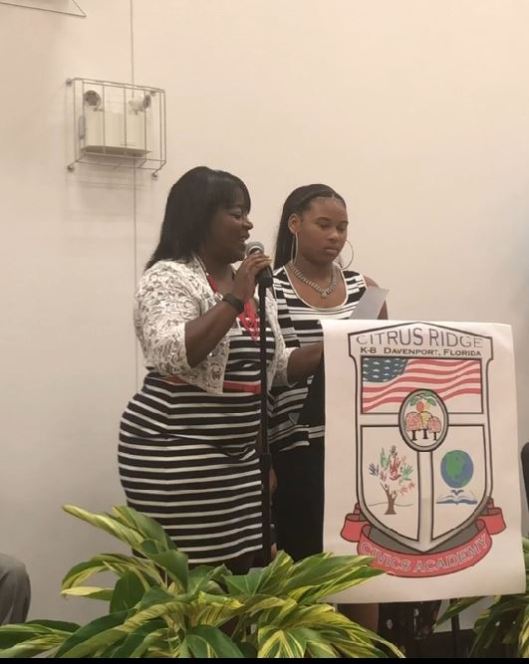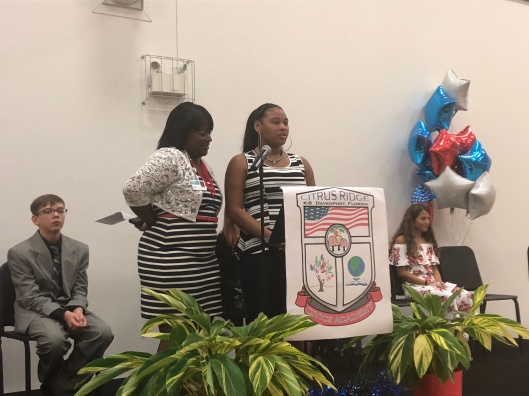In anticipation for the upcoming 2018 National Conference for Dialogue & Deliberation, we are thrilled to announce another round of workshops! Check out the sessions we’ve announced so far and join us for this engaging conference happening Friday, November 2nd to Sunday, November 4th in downtown Denver. We have several exciting pre-conference sessions on Thursday, November 1st – so register ASAP to attend. Take advantage of our discounted hotel room rate until 5:00pm MST on Wednesday, October 10th and/or coordinate here on the blog to find a roommate. If you are looking for a way to support this field, consider making a tax-deductible donation to the Scholarship Fund Drive! These contributions will help support a student or fellow NCDDer to attend the conference who would otherwise be unable to do so.
NCDD2018 Workshop Sessions
 We will announce the final workshop sessions within the next few weeks!
We will announce the final workshop sessions within the next few weeks!
Developing Materials, Identifying Challenges, and Embracing Opportunities for Dialogue and Deliberation in Rural America
This session will offer an exploration of an effort by the Interactivity Foundation to develop a discussion guide on the future of agriculture and rural communities regarding the effort to share strategies for organizing rural discussions and organizing discussions in urban communities on rural themes. This session will critically examine the so-called urban/rural divide. In addition to this particular resource, presenters will share stories of connecting into rural deliberative systems, highlighting challenges and opportunities for working in rural communities such as Indiana, Iowa, Kansas, Oregon, and Arizona.
Sara Drury
Director, Wabash College Democracy and Public Discourse
Linda Ellinor
Founder and Senior Consultant, Action Dialogue Group
Sarah Giles
Project Manager, Oregon’s Kitchen Table
National Policy Consensus Center, Portland State University
Shannon Wheatley Hartman
Fellow, Interactivity Foundation
Timothy Shaffer
Assistant Professor of Communication Studies, Kansas State University
David Supp-Montgomerie
Director and Lecturer, Iowa Program for Public Life
Don’t Engage the Public… Before You’ve Answered These Six Questions
Public participation is increasingly becoming the norm for government decision-making. More engagement, however, doesn’t necessarily mean higher satisfaction with the process and outcomes among communities and decision-makers. Using case studies and scenario exercises the session will provide an opportunity to road-test six strategic questions that help set dialogue and deliberation practitioners up for success, by clarifying key elements of an engagement process, including the topic, desired outcomes, impact on communities, depth and reach of engagement, as well as plans for follow-through.
Hassan Hussein
Assistant Professor, St. John’s University
Robin Prest
Program Director, Simon Fraser University’s Morris J. Wosk Centre for Dialogue
Elevating Voices and Building Bridges: Community Trust and Police Relations
It is important to build relationships between the community and police to improve public safety and increase community trust. We will present specific dialogue methods used to engage the community and police and that has created value and impact for multiple demographics affected by law enforcement in the Chicago and Denver regions. Our methods will also illustrate how to support and amplify community voices and ideas.
Joe Hoereth, PhD
Director, Institute for Policy and Civic Engagement, University of Illinois at Chicago
Gianina Irlando
Community Relations Ombudsman, Office of the Independent Monitor
Paul Pazen
Chief of Police, Denver Police Department
Norma E. Ramos
Director of Engagement and Partnerships, Institute for Policy and Civic Engagement, University of Illinois at Chicago
Bria Scudder
Senior Government and Community Liaison, Illinois Attorney General’s Office
Enriching Journalism and D&D through Collaboration
This interactive session highlights multiple approaches to collaboration between journalists and D&D. The presenters will draw on their experience leading efforts connecting journalists and the communities they serve through dialogue and deliberation-based engagement efforts. We’ll highlight three of our projects, and reference others, to surface best practices for building D&D approaches into journalism and ensuring D&D efforts resonate with media organizations to support meaningful community change. We’ll then move into interactive, small group discussions to identify and critique ideas for incorporating these practices into the efforts and projects of session attendees, developing ideas from the perspectives of both D&D practitioners and journalists.
Elizabeth Dunbar
Reporter, Minnesota Public Radio
Leslie Graves
President & CEO, Ballotpedia
Adolf Gundersen
Research Director, Interactivity Foundation
Andrew Rockway
Program Director, Jefferson Center
Growing the Next Generation of D&D Leaders through Campus Dialogues
How might we grow the next generation of D&D leaders? In this session, we’ll share different co-curricular approaches to student-facilitated campus dialogues that could play a role. We represent 5 different schools of various sizes (UC Davis, Oklahoma State, Emory, University of Tampa, and Wesleyan College) and different non-profits (Sustained Dialogue Institute and the Interactivity Foundation). Together with workshop attendees, we’ll explore what it takes to create and sustain the ecosystem for co-curricular D&D programs, the challenges and promises for this work, and lessons learned so far.
Melanie Doherty
Associate Professor of English and Diversity, Equity, and Inclusion Liaison, Wesleyan College
Ed Lee
Senior Director, Alben W. Barkley Forum for Debate, Deliberation, & Dialogue
Emory University
Tami Moore
Associate Professor, Higher Education and Student Affairs, Oklahoma State University
Tonya Parker
Assistant Dean for Diversity, Equity, and Inclusion, Wesleyan College
Carolyn Penny
Director of Campus Dialogue and Deliberation, University of California Davis
Jeff Prudhomme
Vice President, Interactivity Foundation
Mike Stout
Associate Professor, Oklahoma State University
George Kaiser Family Foundation Chair in Family and Community Policy
Elizabeth Wuerz
Program Consultant, Sustained Dialogue Institute
Measuring Civic Infrastructure and Building A Culture of Engagement
How do communities move from occasional public participation to a robust culture of engagement? Participants will learn about the National Civic League’s Civic Index and engage in small group activities using the index. The Civic Index is a tool for measuring the capacity of a community for effective decision-making and problem-solving. Doug Linkhart, President of the National Civic League, will present the newest version of the index, a tool originally created in 1987. Carla Kimbrough, Racial Equity Director for the League, will present examples of how cities achieve the equity and inclusiveness aspects of the index. Carmen Ramirez, Community & Neighborhood Resources Manager for the City of Longmont, Colorado, will talk about the benefits to her city of a cultural of engagement.
Carla Kimbrough
Racial Equity Director, National Civic League
Doug Linkhart
President, National Civic League
Carmen Ramirez
Community & Neighborhood Resources Manager, City of Longmont
Talking about Guns in America: Two Approaches for Shifting the Conversation
Americans are sharply divided over how to deal with gun violence. Many gun-owning Americans strongly oppose new gun regulations, and some want to expand gun rights with a national “right to carry” reciprocity law. Meanwhile, gun control advocates are ramping up campaigns for laws such as a federal ban on the popular AR15 and other assault-style weapons. How can civil dialogue build bridges of understanding between people on both sides of this highly charged debate? Two models will be discussed: a national effort in collaboration with TIME and the Advance Local family of community media groups; and a grassroots project from rural California. This workshop will emphasize problem-solving and creative thinking about how to moderate face-to-face and online discussions of this controversial subject.
John Sarrouf
Director of Program Development and Strategic Partnerships, Essential Partners
Eve Pearlman
Co-Founder and Co-CEO, Spaceship Media
Jim Hight
Independent journalist and facilitator
Final round to be announced soon!



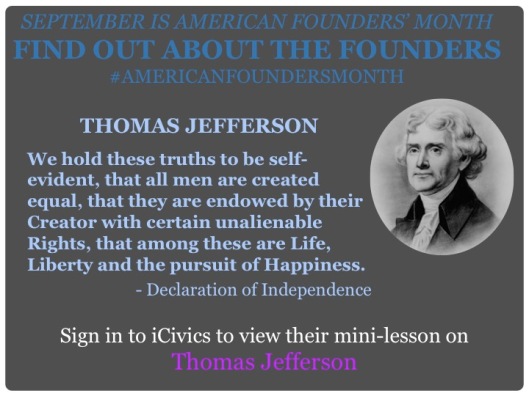
 On August 9, 2018, Hawaii state senator,
On August 9, 2018, Hawaii state senator, 

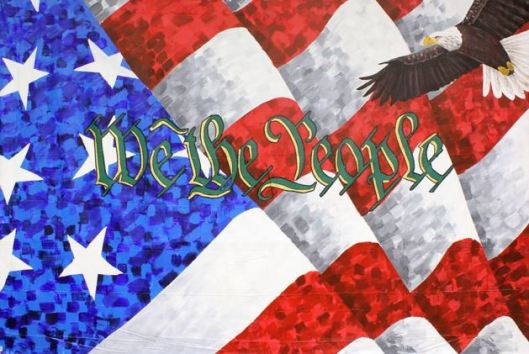


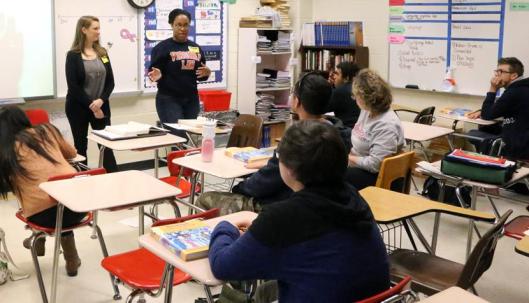




 Since our last note
Since our last note